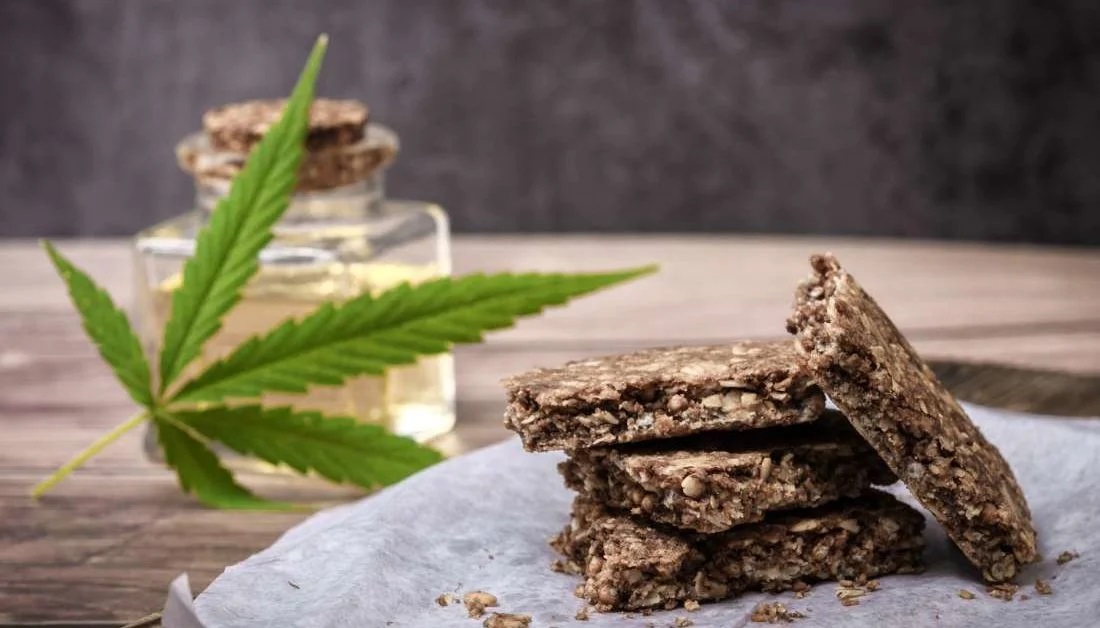Edibles, those delectable treats infused with cannabis, have gained immense popularity in recent years. They come in various forms, from gummy bears to brownies, and offer a discreet way to consume cannabis without the telltale aroma of smoking. However, as edibles become more widespread, a pressing question emerges: will they show up in drug tests? This article will delve into the fascinating world of edibles and drug testing, exploring the science behind it, common misconceptions, and the factors that can influence test results. Visiting websites like ‘https://possible11.com/blog/unwind-and-sleep-well-with-gummies-and-edibles/‘ can provide valuable insights into the benefits of using edibles for relaxation and sleep. These online resources often offer guidance on responsible consumption and share experiences from individuals who have incorporated edibles into their wellness routines. Exploring such websites can help you make informed choices when it comes to enjoying edibles while considering the potential impact on drug testing.
How Drug Tests Work
Before diving into the specifics of edibles, it’s crucial to understand how drug tests function. The most common type of drug test is the urine test, which detects the presence of metabolites – the byproducts of drug metabolism – in your urine. These metabolites are formed when your body processes and eliminates drugs, including THC, the psychoactive compound in cannabis. When you consume cannabis, your body breaks down THC into various metabolites, such as THC-COOH, which can linger in your system for several weeks.
How Ingesting Cannabis Differs
When it comes to edibles, the process is quite different from smoking or vaping cannabis. When you eat an edible, your digestive system metabolizes THC differently than your lungs would. The liver plays a significant role here; it converts delta-9 THC (the active form of THC) into a more potent metabolite called 11-hydroxy-THC. This metabolite has a longer half-life and can lead to a more prolonged and intense high.
How Long Do Edibles Stay in Your System?
Now that we know the basics, let’s address the burning question: how long do edibles stay in your system? Unlike smoking or vaping, where THC levels drop relatively quickly, the metabolites produced when you consume edibles tend to linger. On average, THC-COOH, the metabolite commonly tested for, can be detected in urine for up to 30 days after ingestion. However, it’s important to note that individual factors like metabolism, frequency of use, and dosage can affect how long THC remains in your system.
Can Edibles Trigger False Positives?
One of the concerns surrounding edibles and drug tests is the potential for false positives. False positives occur when a drug test indicates the presence of a substance when it’s not actually there. While drug tests are designed to be accurate, they are not foolproof. Cross-reactivity with other substances or even certain foods can lead to false positives. However, the likelihood of edibles causing a false positive is relatively low compared to other factors.
Dosage Matters:
The potency of edibles varies greatly depending on the product and the manufacturer. Some edibles may contain high concentrations of THC, while others are milder. The dosage you consume plays a significant role in whether edibles will show up in a drug test. Higher doses are more likely to result in detectable levels of THC-COOH in your urine. It’s essential to read labels carefully and be mindful of your consumption to avoid surprises on a drug test.
Tips to Minimize Risks:
If you’re concerned about edibles showing up in a drug test, there are several strategies you can employ to minimize the risk:
- Moderation: Keep your edible consumption in check, especially if you have an upcoming drug test. Opt for lower doses to reduce the likelihood of detectable THC levels.
- Timing: Be mindful of when you consume edibles. The earlier you have a drug test after ingestion, the higher the chance of THC-COOH being present in your urine. Waiting a few weeks after consumption can decrease the chances of detection.
- Stay Hydrated: Drinking plenty of water can help dilute the concentration of metabolites in your urine. However, don’t overdo it, as excessively diluted urine may be flagged as suspicious.
- Consult a Professional: If you have concerns about drug testing due to your edibles consumption, it’s advisable to consult a healthcare professional or a legal expert who can provide guidance tailored to your specific situation.
Conclusion:
In the world of edibles and drug testing, the science is clear: consuming edibles can indeed result in detectable levels of THC metabolites in your urine. However, the likelihood of edibles causing a positive drug test largely depends on factors like dosage, timing, and individual metabolism. While false positives are possible, they are relatively rare when it comes to edibles.
In closing, if you enjoy edibles but are concerned about drug testing, remember that moderation and responsible consumption are key. Educate yourself on the potency of the products you consume and plan your edible adventures accordingly. By staying informed and mindful, you can savor the pleasures of edibles while minimizing the risks of unwanted surprises on a drug test.




